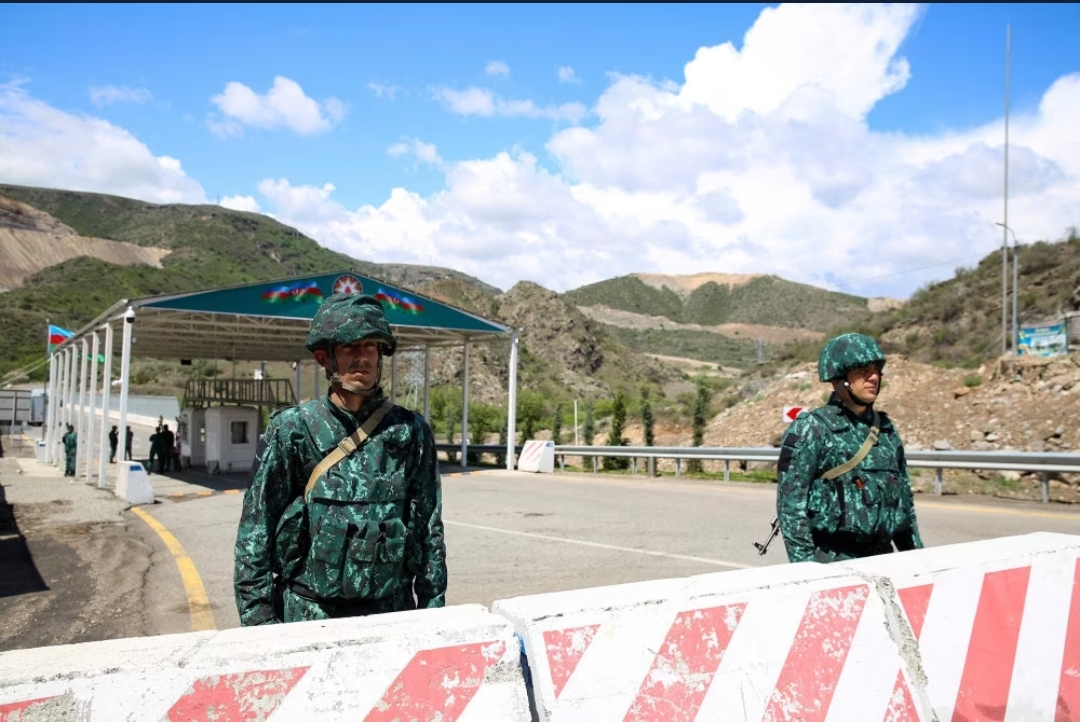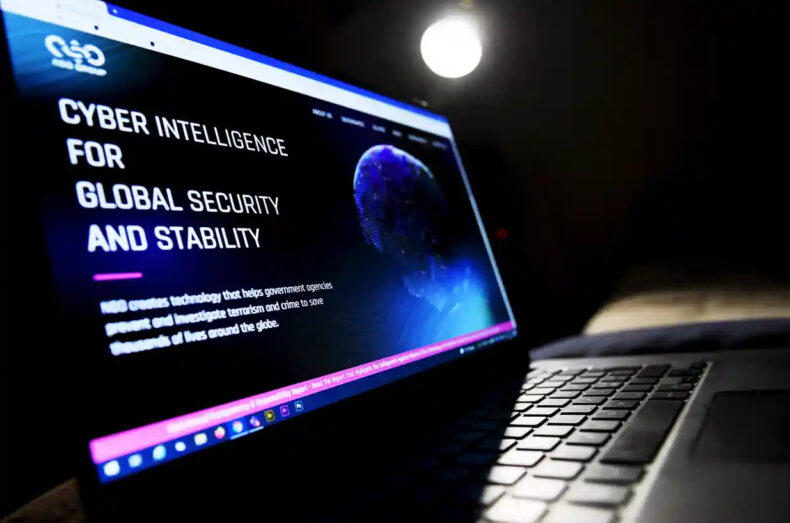Pegasus spyware, notorious for targeting political and civil rights figures, has now been employed in a conflict area.
Image Source : India Today
The introduction of Pegasus by the NSO Group in 2011 revolutionized global intelligence and cyber warfare in the digital era, as evidenced by a recent report from independent digital rights organizations. The report unveiled substantial evidence of Pegasus being deployed as a weapon in military conflict scenarios. Notably, during the Nagorno-Karabakh conflict, journalists, human rights advocates, a United Nations official, and members of civil society in Armenia were targeted and compromised through hacking.
Table of Contents
Among the targets were individuals such as :
- Kristinne Grigoryan, the former Human Rights Defender of the Republic of Armenia, who had her device infected while raising concerns about alleged atrocities committed against Armenian soldiers by Azerbaijani forces.
- Also targeted was Karlen Aslanyan, a journalist from RFE/RL’s Armenian Service and a prominent political show host.
- Additionally, Anna Naghdalyan, an NGO representative and former Spokesperson of the Republic of Armenia involved in sensitive conversations and negotiations related to the Nagorno-Karabakh crisis, was also subjected to hacking attempts.
In November 2021, Apple issued a warning to people, alerting them that they could be targeted with spyware sponsored by states. Following this warning, civil society members from Armenia reached out to CyberHUB-AM and Access Now’s Digital Security Helpline to examine their devices. As a result, the extent of hacking in Armenia began to emerge.
A comprehensive investigation was conducted by Access Now, CyberHUB-AM, the Citizen Lab, Amnesty International’s Security Lab, and independent mobile security researcher Ruben Muradyan. This analysis not only reveals the true scale of the hacking incidents but also provides recommendations for governments, the private sector, and other entities involved.
Apple Devices Subjected To Pegasus

Between October 2020 and December 2022, the investigation has identified 12 individuals whose Apple devices were subjected to the spyware. The initial focus of the hacking incidents was in Armenia, against civil society members.
These attacks occurred amidst the aftermath of the 2020 Nagorno-Karabakh war between Armenia and Azerbaijan. Following the war, peace talks commenced in October 2020, and on November 9, 2020, a ceasefire agreement was reached, granting territorial gains to Azerbaijan.
Simultaneously, the conflict in Karabakh re-escalated, with Azerbaijan launching an offensive on May 12, 2021, followed by further clashes in July and November 2021. The majority of the individuals targeted by Pegasus spyware in Armenia fell victim during this period, resulting in over 30 successful infections.
The second wave of Pegasus targeting occurred in 2022, aligning with the major escalations in September of that year and subsequent peace talks in Prague and Sochi in October 2022. Additionally, Azerbaijan’s blockade of the Lachin corridor, which started on December 12, 2022, also played a role in this cluster of targeting.

An Azerbaijani checkpoint blocks the entrance of the Lachin corridor, the sole land connection between the Armenian-inhabited Nagorno-Karabakh region and Armenia, as seen on May 2nd.
The sale and use of Pegasus spyware in the Nagorno-Karabakh conflict are deeply concerning. The disputed territory has been a source of violent clashes and two wars between Azerbaijan and Armenia for over 30 years. Both sides have been implicated in war crimes, as confirmed by human rights organizations like Amnesty International.
Recent escalations since the November 2020 ceasefire have revealed disturbing video evidence of alleged mass executions and mutilations of Armenian prisoners of war by Azerbaijani soldiers.
Moreover, Azerbaijan’s blockade of the Lachin corridor has left thousands of Nagorno-Karabakh residents without essential supplies. Providing Pegasus spyware in this volatile context increases the risk of severe human rights abuses and war crimes.
International humanitarian law strictly prohibits targeting humanitarian personnel and hindering humanitarian efforts. This investigation reveals NSO Group’s failure to learn from its past actions and its continued perpetration of abuses.












